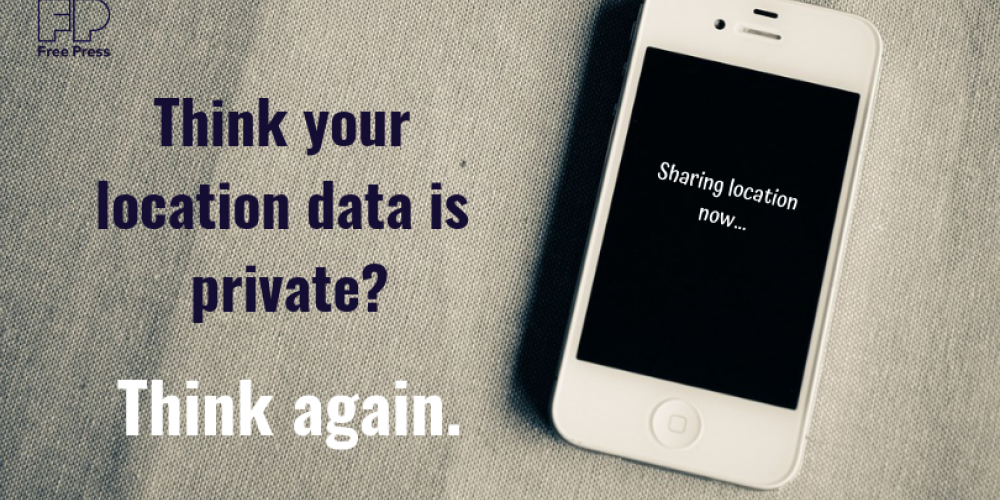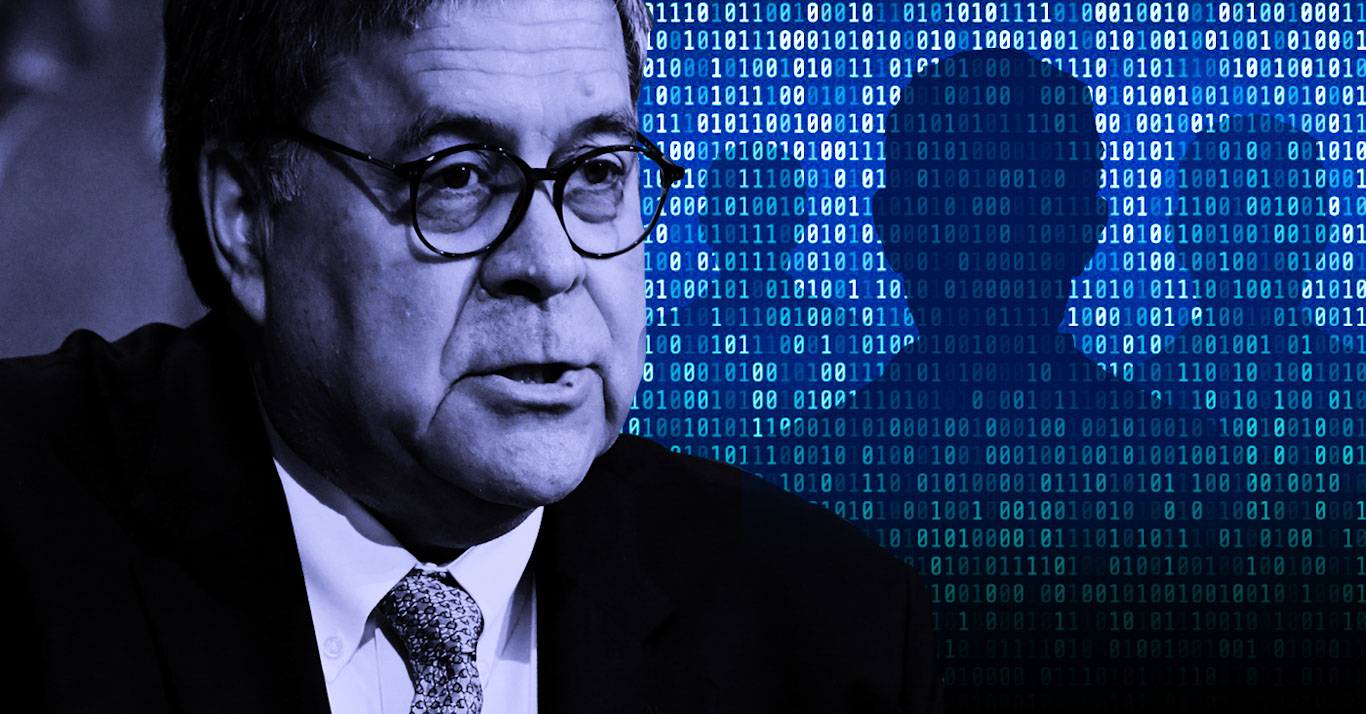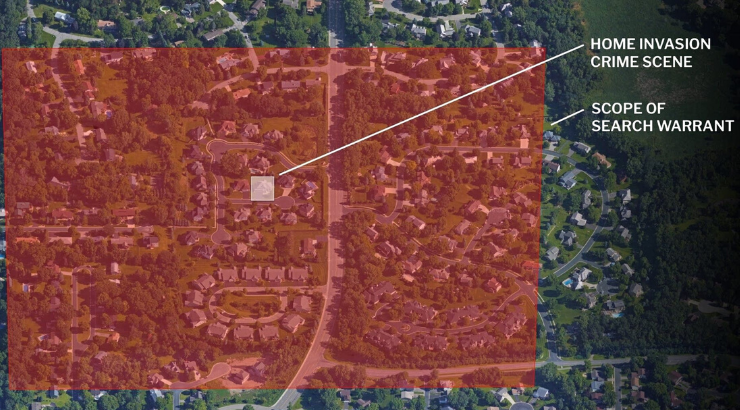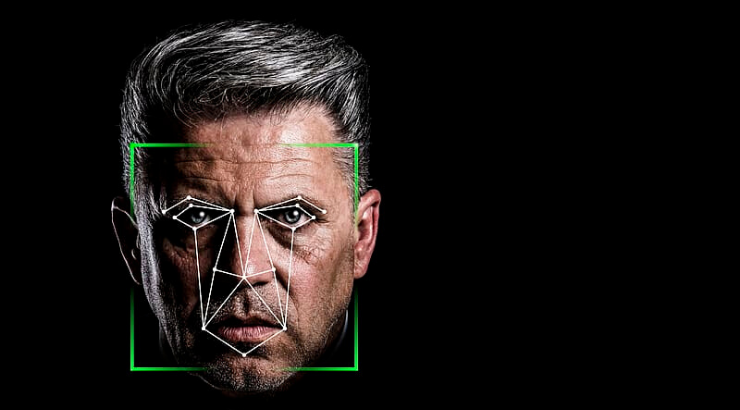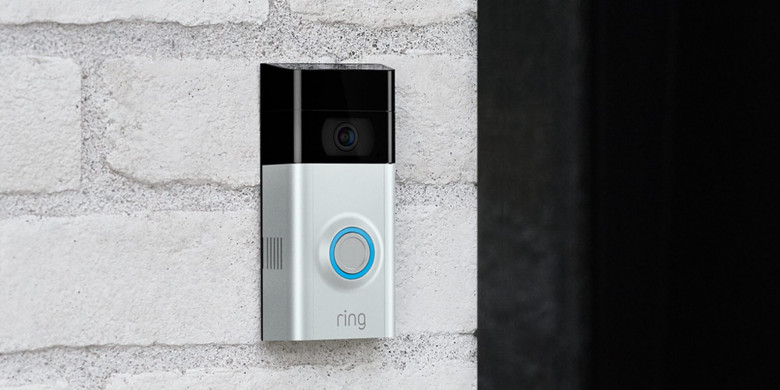Washington has made it a priority to radically overhaul the military in double time, designating weapons manufacturers as “essential” services during the pandemic.
By Alan Macleod. Published 5-13-2020 by MintPress News

Photo: U.S. Air Force/Brad Fallin)
The economy has crashed. A nationwide pandemic that has (officially) claimed some 84,000 Americans has also resulted in an estimated 36 million filing for unemployment insurance and millions frequenting food banks for the first time. Yet business is booming for one unlikely industry; weapons manufacturers are busier than ever and are even advertising for tens of thousands of more workers.
Northrop Grumman announced that it was planning to hire up to 10,000 more employees this year. Airlines are being hit particularly hard, as the number of people flying on commercial planes has cratered. Raytheon, who supplies parts to civilian aircraft manufacturers, has lost a great deal of business. Yet it is still advertising 2,000 new jobs in the military wing of its business. Boeing, who endured a torrid 2019, with multiple high-profile crashes of its 737 MAX-8 airliner, is preparing to lay off ten percent of its staff as airlines predict a long and sustained drop in air travel. Nevertheless, it is looking to add hundreds of new workers in its defense, intelligence, and cybersecurity departments. Continue reading →
